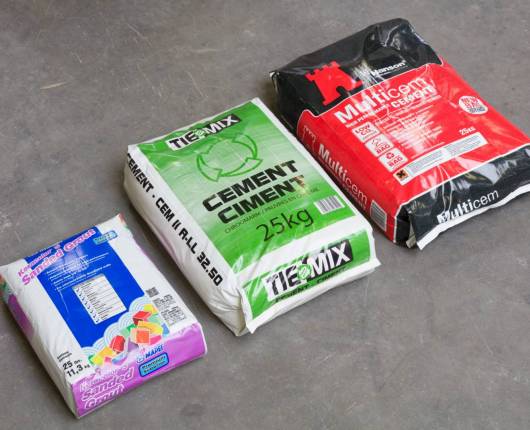Why is product testing essential?
“When we come into contact with a customer we examine his needs and requirements”, explains Roger Roijmans, team manager assembly, test centre & quality. “This may be a new customer, or an existing one who is in search of a new packaging machine or adaptations. To us and the customer it is essential that sell we a product that we are 100% behind, and that we can also successfully deliver our proposal. For this reason we ask the customer to send us product(s) so we can already get down to work at an early stage. We carry out tests on all dry bulk goods.”
Once the product has arrived at Arodo it is thoroughly analysed.
Types of product testing and results
The tests can vary from creating a stacking pattern, metering, deaerating products to vacuuming, sealing the bag, etc. Some examples in detail:
- Checking product sealing
- Exclusion of expansion
- Metering tests
- Deaeration tests (probes)
- Vacuum tests (vacuum chamber)
- Bag size determination
- Pallet pattern determination
- Capacity determination
- Bag closure tests (seal tests, pinch tests, sewing tests)
- Repackaging (valve bags > watertight plastic bags)
A test space is used for product testing and trial packaging. All the necessary material is available here – including many sizes of lay flat tube – to bring the test phase to a successful conclusion. After various tests the results are discussed with the chief engineer and it is determined how the packaging machine can best be designed and what the capacity will be. A report is drawn up on all testing. This also allows specific advice for another type of packaging or a certain machine.
From further refinement to packaging machine
“We often invite the customer to Arendonk”, continues Roger. “Or we return the re-packaged bags so the customer can investigate whether the product – as soon as it is on-site – can be further processed problem-free. Sometimes a trial may run over a longer period, but the added value often soon becomes clear.”
A nice example is a large customer from the chemicals sector. Following a number of tests and further refinement they opted for our AROVAC technology for vacuum packaging. They initially had 12.5 kg of product in a bag, now it is 24 to 25 kg. That brings its own benefits.
Our customer
Reader Cement also carried out further internal testing to see if our AROVAC bags remained 100% watertight, including by placing plastic cement bags in a tank of water for several weeks before checking the water quality. Because the water stayed clean, at the construction fair the vacuum-packed bags of cement could be placed an aquarium with some goldfish without harming the fish.
Curious about our packaging solutions?
Contact our sales team